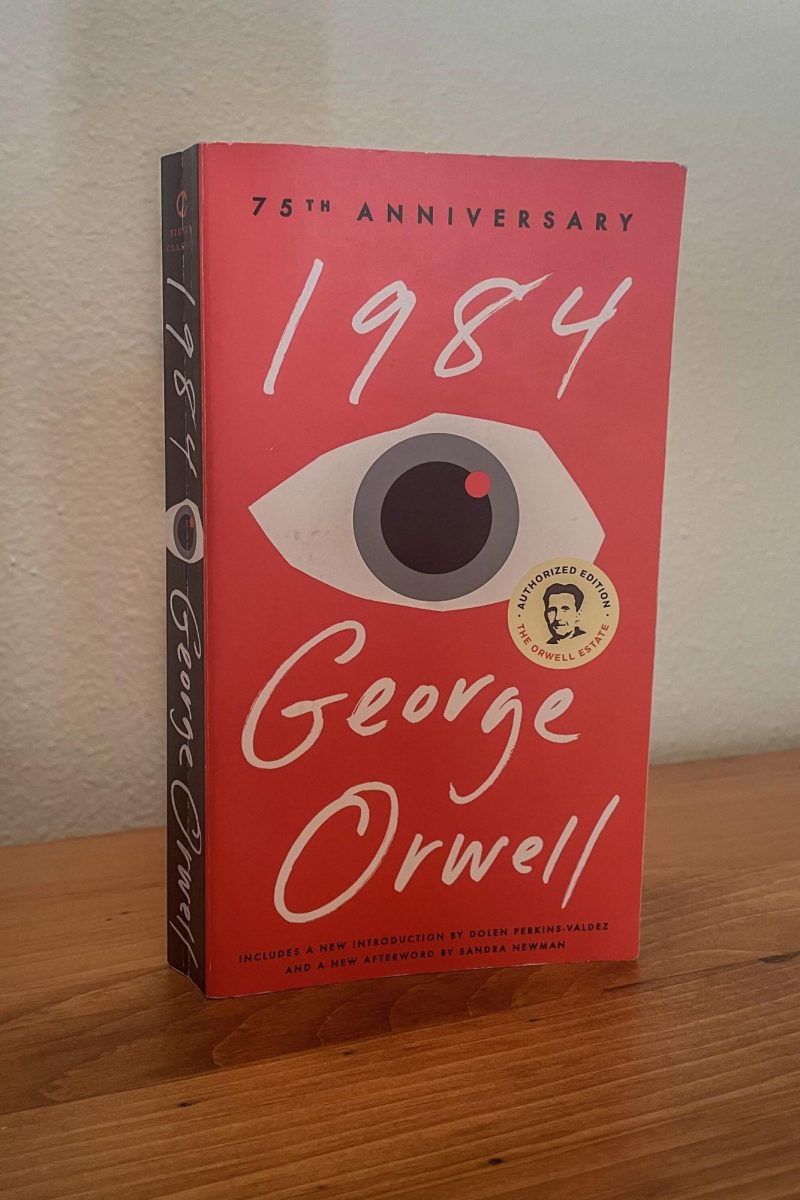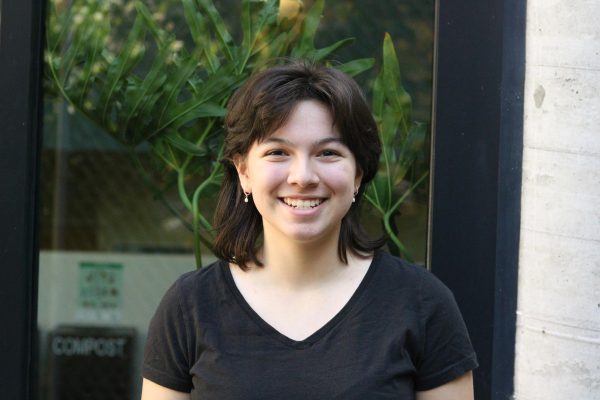Summer reading has changed at Uprep, every grade now has at least one assigned reading book. In years prior, whole grades have gone without assigned reading.
English Teacher and Department Chair Carrie Niebanck explains that teachers use summer reading in class for a Socratic seminar or a piece of writing so that there’s a connection between the reading and the class.
“Often, English teachers use [an exercise] in response to that piece of reading as a baseline assessment of, ‘where are my students coming in? What are they bringing in terms of their ability to critically read?” Niebanck said.
Junior Stella Meerman read The Best We Could Do and Slaughterhouse Five as their summer reading books.
“I enjoyed the choice book more than the book The Best We Could Do, but it hadn’t really been explained how we’re going to be using the summer reading in our class,” Meerman said.
While summer reading was already in place for rising juniors in years prior, this was not the case for other grades. Niebanck was a part of the discussion to bring back summer reading for all grades.
“We’re like ‘these kids need to come in with something ready to go in the beginning of junior year.’ We want it to be rigorous, and we want them to come with a shared reading experience. So 11th grade…set the model for us, and then everybody else [in the department] was like, ‘why aren’t we doing this?’”
But the most important part, Niebanck thinks, is that reading unites the whole grade in a shared text so they can more quickly and readily start the year.
“ I think that we are University Prep,” Niebanck said. “And if we’re not asking our students to read year-round and to read attentively, then I don’t really think that we’re living up to that name.”
Meerman is a student who reads year-round and sees how an assigned reading can help people who wouldn’t usually read.
“I think it’s important to read over the summer…and keep thinking about books,” Meerman said. “Specific reading books help people not panic about which book they’re going to read.”
Overall, Niebanck sees the program as a success so far.
“I hope that we will continue this,” Niebanck said. “I was delighted at the number of students who reached out, who read, who came back with something to say about something they read, and that pretty much went across the board of grade levels.”


